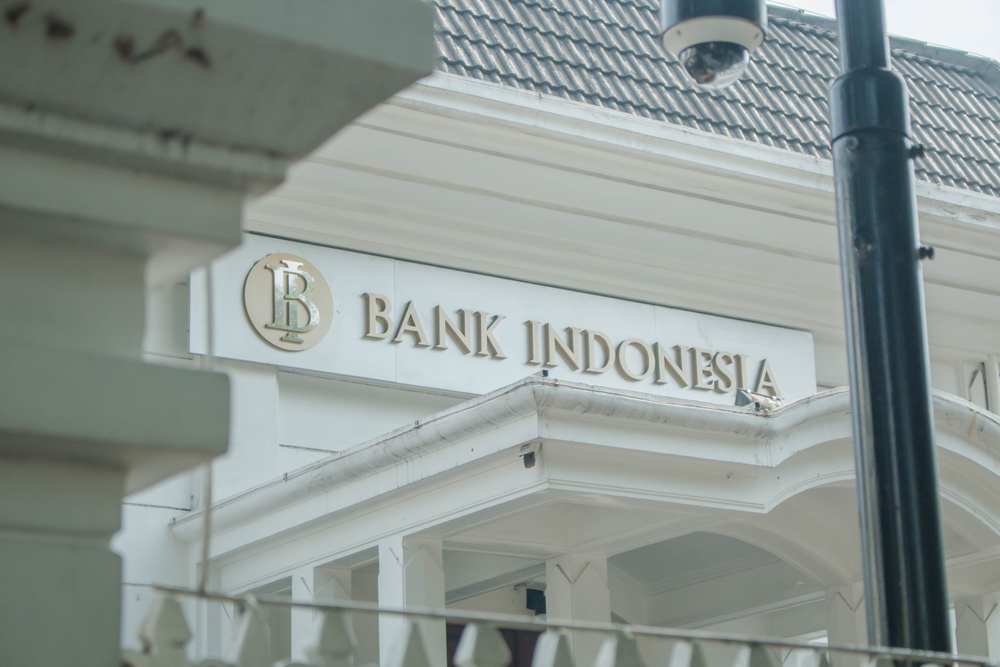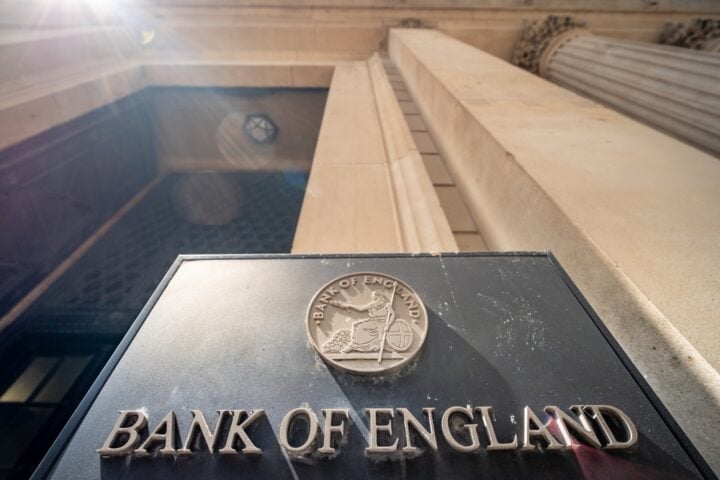Bank Indonesia to Act Boldly Amid Global Trade Tensions
Indonesia’s central bank, Bank Indonesia (BI), announced its intention to take bold steps to stabilize the rupiah, which has hit a record low against the U.S. dollar. The central bank plans to intervene in the spot market, domestic non-deliverable forwards, and bond markets to maintain the currency’s stability.
Rupiah Falls to Record Low Amid Global Trade War
The rupiah reached an all-time low of 16,970 per dollar on Wednesday morning, before recovering slightly later in the day. Destry Damayanti, BI’s senior deputy governor, pointed out that regional currencies had weakened due to the escalating global trade war triggered by President Donald Trump’s decision to raise tariffs on Chinese products by 104%.
Despite the rupiah’s decline, Damayanti noted that investor confidence remained strong in Indonesia’s sovereign bond market, as indicated by moves in domestic bonds. She also highlighted that Indonesia’s economy remained resilient despite the currency pressures.
Trade War Impact and Indonesia’s Response
As the rupiah continued to struggle, Indonesia’s financial markets felt the effects of Trump’s tariff announcement, which caused instability after a long holiday. Economists, such as Myrdal Gunarto from Maybank Indonesia, suggested that the central bank’s priority is to maintain the rupiah’s stability rather than pursue aggressive interest rate cuts, especially given the country’s low inflation levels.
Concerns About Inflation and Trade Impact
Despite low inflation, Gunarto emphasized that the central bank faces limited room to reduce interest rates, as its focus remains on stabilizing the rupiah to prevent potential capital outflows. The recent 32% tariffs on Indonesian goods imposed by the U.S. on Wednesday have raised concerns among local businesses, especially in light of the weak rupiah.
Shinta Kamdani, chairwoman of the Indonesian Employers Association, expressed concern that the record-low rupiah would add to the economic pressure, and called for government intervention to stabilize the exchange rate. Many businesses are holding back on unnecessary purchases, particularly imported goods, as they try to avoid additional costs due to high volatility in currency markets.
Indonesia’s Diplomatic Efforts Amid Economic Challenges
Indonesia has stated it will not retaliate against the U.S. tariffs but instead pursue diplomatic negotiations. The country plans to send a high-level delegation to the U.S. next week to discuss the issue. The delegation, led by chief economic minister Airlangga Hartarto, will include Finance Minister Sri Mulyani Indrawati and Foreign Minister Retno Marsudi. These discussions will focus on increasing imports from the U.S. and possible tax cuts on electronic goods and steel to counteract the impact of the tariffs.
Upcoming BI Policy Meeting
Bank Indonesia will announce the results of its two-day policy meeting on April 23. The central bank has kept its benchmark interest rate at 5.75% in recent months to control inflation, maintain rupiah stability, and support economic growth.







